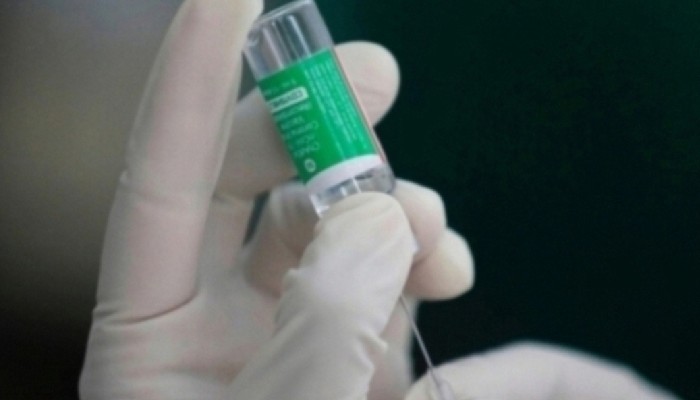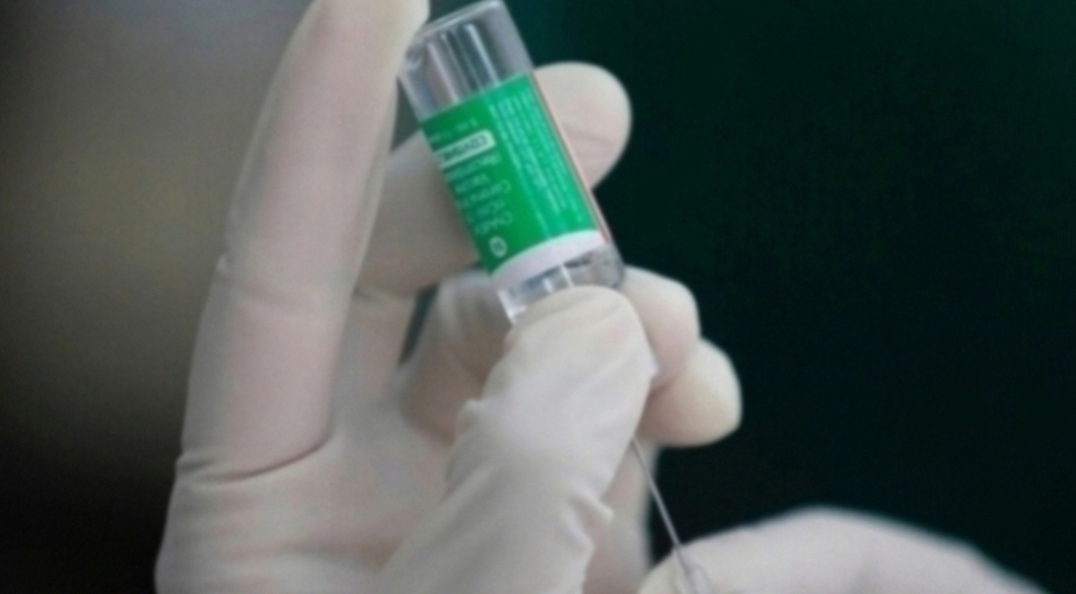The lockdown in containment areas with a large number Covid-19 cases will, however, continue till June 30
The ongoing lockdown to curb the spread of Covid-19 has been extended till June 30 but religious places and places of worship, malls, hotels, and restaurants can begin opening outside containment areas from June 8 onwards, the Ministry of Home Affairs (MHA) said in an order issued this evening.
The order described as Unlock 1 laid down a phased reopening of all activities outside containment zones that have been sealed to prevent the spread of Covid-19.
They will have to follow the Standard Operating Procedures (SOPs) that are to be prescribed by the Ministry of Health and Family Welfare.
According to the guidelines for “Unlock 1”, schools, colleges and other educational institutions will be reopened in Phase 2 and a decision will be taken in July after consultations with states and Union Territories.
The ministry also directed that night curfew timings for non-essential travel have been relaxed and will now operate between 9 pm and 5 am instead of the existing 7pm to 7 am. The state and UT administrations have been advised to discuss the issue reopening of these institutions with parents and other stakeholders.
Phase III covers services like international air travel, metro rail, cinema halls and theatres, gymnasiums, swimming pools, bars, assembly halls and other similar places. Dates for restarting these will be decided based on the assessment of the situation, the MHA order said.
Also included as part of activities prohibited till Phase III of Unlock 1 is implemented are social, political, sports, religious, cultural, academic functions and other such large gatherings.
Only essential activities will be allowed in containment zones till June 30. There will be strict control over entry and exit from these zones with intensive contact tracing and house-to-house surveillance in these areas.
States and UTs can also define Buffer Zones outside the Containment Zones where new cases are more likely to occur and put in place restrictions that are considered necessary.
There will be no restrictions on the movement of people or goods within states and between states. States and UTs can, however, regulate the movement of people for reasons of public health and its assessment of the situation. Such a step should be preceded by wide publicity of the nature of restrictions that are to be imposed.
Union Home Minister Amit Shah had spoken to Chief Ministers of all states to get their feedback on the steps to be taken after the current lockdown ended on May 31.
India has been under a strict lockdown since March 25 to control the rapid spread of coronavirus. Today’s order is the fourth extension of the lockdown. The last two extensions have, however, come with substantial easing of curbs.
 Contact Us
Contact Us  Subscribe Us
Subscribe Us









 Contact Us
Contact Us
 Subscribe
Subscribe
 News Letter
News Letter

